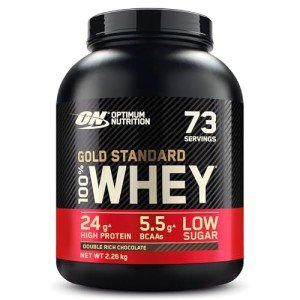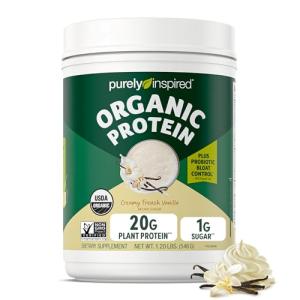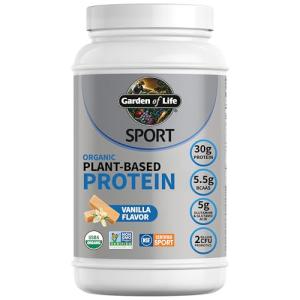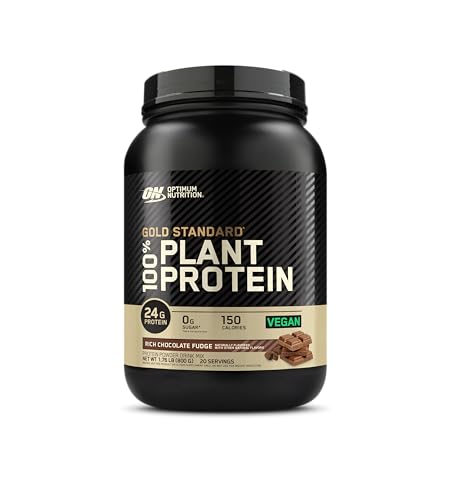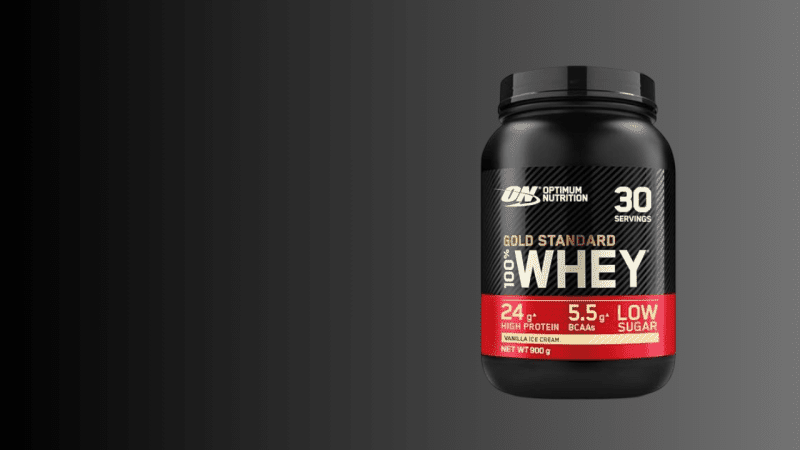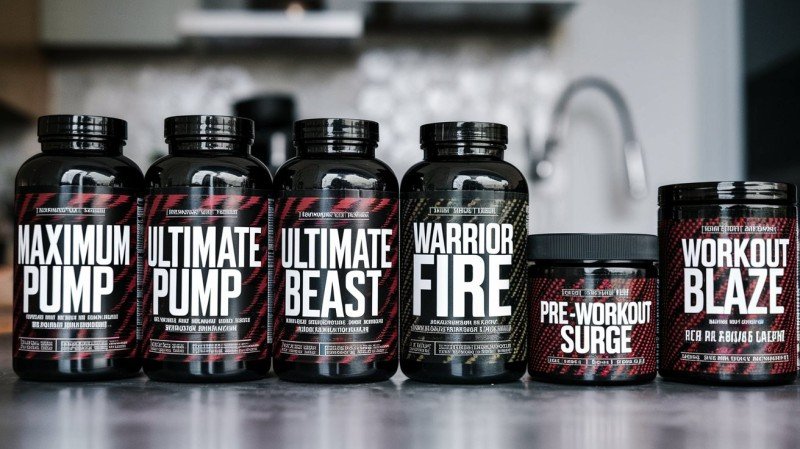In the world of fitness and bodybuilding, protein supplements have become a staple part of many people's diets. They are often seen as a quick and convenient way to ensure that the body is getting enough protein to support muscle growth and recovery. But what exactly is the role of protein supplements in muscle building, and how can they be used most effectively? This article will delve into these questions, providing a comprehensive overview of the importance of protein in muscle development.
Understanding Protein and Muscle Growth
Protein is one of the three macronutrients, alongside carbohydrates and fats, that our bodies need in large amounts to function properly. Proteins are made up of amino acids, which are often referred to as the building blocks of life. When it comes to muscle growth, protein plays a crucial role. When we engage in weight training or other forms of resistance exercise, we create microscopic tears in our muscle fibers. It's the process of repairing these tears, fueled by the amino acids in protein, that leads to muscle growth.
The Role of Protein Supplements
Protein supplements, such as whey or plant-based protein powders, are a concentrated source of high-quality protein. They are often used by athletes and fitness enthusiasts to help meet their increased protein needs. The primary role of protein supplements in muscle building is to provide the body with the necessary amino acids to repair and build muscle tissue after exercise.
Research has shown that consuming protein shortly after a workout can enhance muscle protein synthesis – the process by which the body produces new muscle protein – and promote greater gains in muscle mass and strength over time. In addition, protein supplements can also help to reduce muscle soreness and improve recovery times, allowing for more frequent and intense training sessions.
How Much Protein Do You Need?
The amount of protein you need depends on several factors, including your weight, activity level, and fitness goals. As a general guideline, the American College of Sports Medicine recommends that people engaging in regular strength training should aim to consume between 1.2 to 2.0 grams of protein per kilogram of body weight per day.
For example, a 70-kilogram (154-pound) person would need between 84 to 140 grams of protein per day. It's worth noting that while protein supplements can make it easier to meet these targets, they should not replace a balanced diet. Whole foods not only provide protein but also offer a range of other essential nutrients that are important for overall health and wellbeing.
Choosing the Right Protein Supplement
There are many different types of protein supplements available, including whey, casein, and plant-based proteins. Whey protein is one of the most popular choices due to its high biological value (meaning it's efficiently used by the body) and its rich content of branched-chain amino acids (BCAAs), which are particularly important for muscle growth.
However, other types of protein can also be effective. For example, casein protein is absorbed more slowly than whey, making it a good option for providing a steady supply of amino acids to the muscles over a longer period, such as overnight. Plant-based proteins, such as soy or pea protein, can be a good option for vegetarians, vegans, or those with dairy allergies or intolerances.
Optimum Nutrition Gold Standard 100% Whey Protein Powder - Double Rich Chocolate Flavour
Double Rich Chocolate
Product information
$89.99 $74.99
Product Review Score
4.7 out of 5 stars
45301 reviewsProduct links
Conclusion
In wrapping up, protein supplements serve a significant function in muscle development by supplying the body with the essential amino acids required for muscle tissue repair and growth post-exercise. While they offer a convenient and potent method to meet increased protein demands, it's crucial to view them as a component of a balanced diet and a comprehensive exercise regimen. Always seek advice from a healthcare professional or a certified dietitian before incorporating any new supplements into your routine.
Protein supplements alone won't result in muscle gain. They must be paired with a well-designed training program and a diet that delivers all the necessary nutrients for health and performance. It's also worth noting that individual requirements can differ. Aspects such as age, gender, body size, and activity level can all impact how much protein you need and how your body reacts to protein supplementation.
Ultimately, protein supplements are merely one resource in the muscle-building toolbox. They can be incredibly beneficial, but they are most effective when used as part of a holistic approach to fitness and nutrition. Whether you're an experienced athlete or just embarking on your fitness journey, understanding the role of protein supplements in muscle building can help you make educated decisions and maximize your training results.
Keep in mind, every step towards understanding your body's needs is a step closer to achieving your fitness goals. So, continue to learn, grow, and push your boundaries. Your body will appreciate it.
In the realm of fitness, knowledge equates to power. When it comes to protein and muscle building, this knowledge could be the key to unlocking your full potential. So, utilize this information, apply it to your fitness journey, and witness your efforts transform into tangible results.
Remember, the journey to fitness is more of a marathon than a sprint. It's about implementing consistent, sustainable changes that can be maintained over the long term. With the correct approach to protein supplementation, you'll be well-equipped to reach your muscle-building objectives.
To sum up, the role of protein supplements in muscle building is undeniable. They offer a practical, potent way to support muscle growth and recovery. But like any tool, they need to be used appropriately. So, conduct your research, tune into your body, and discover the strategy that suits you best. Your muscles will be grateful.

